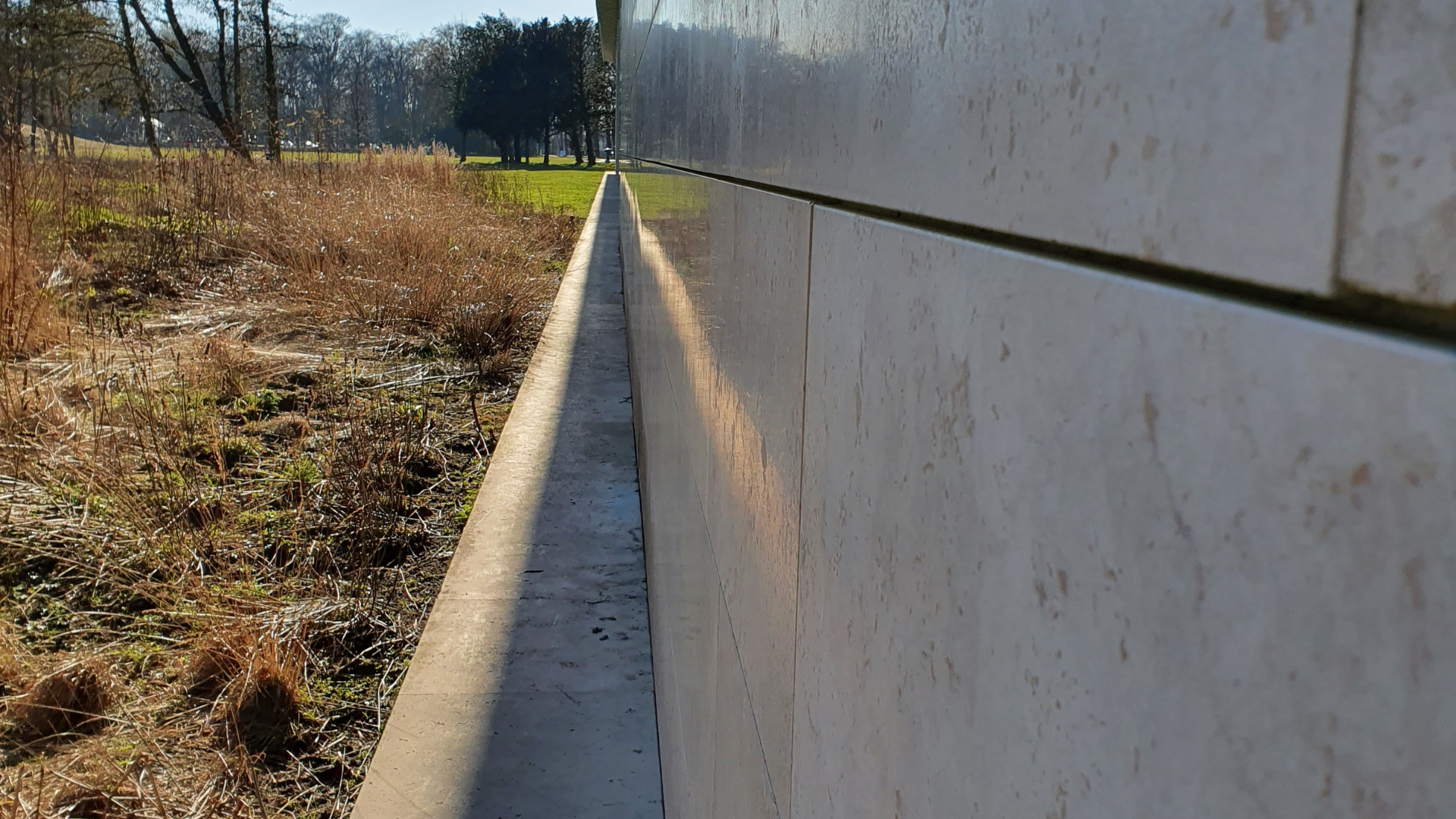Curiosity, Compassion and Courage for an Inclusive Culture
Human leadership creates the space for inclusive cultures. Inclusive cultures; require human leadership where we think with curiosity, feel with compassion and act with courage.
Cultural Sensitivity and Emotional Intelligence for Organizational Inclusivity
Read an article I co-wrote with a fellow workshop host Kazuko Kotaki published July 13th 2021
Are you free to speak?
Do people feel free to speak up?
Here is a summary of what happened this week when Internal Communication professionals discussed how to tackle psychological safety to ensure that the employee voice is heard and valued.
And… my thoughts on how to support Human Leadership that nurtures a climate of psychological safety and freedom to speak.
Habits of an Inclusive Culture
To change cultures, we need to change habits. For organisations to create inclusive cultures we need to look at our habits, habits that are invisibly fuelling our cultures. Our habits are formed in reaction to the culture, the context, the environment, the ‘smell of the place’, but the culture lives inside every person who adopts the habits of that culture.
Belonging
To me, work cultures are no different to social cultures because we are humans interacting for a shared purpose. We may not notice the cultures we exist in until something is different.
The culture can be felt, ‘the smell of the place’ and it can make the difference to whether we feel accepted and a sense of belonging or not.
Humanise your culture
Join me to learn how to confidently lead with cultural humility and curiosity to create psychological safety for all at work and in life. Your corporate values, equality, diversity and inclusion policies may adorn the walls but are they felt in the hearts of every employee. Culture is all about people and communication. It starts with every leader. It starts with you.
Ask for better
On International Women's Day 2021, I hope prompt you to think about equality, take time to notice where there is inequality around you and get curious. Where can we do better?
Cultural Intelligence - Questioning the Obvious
Do we have the skills to understand culture and its impact? Our own culture and others’?
Our maturity and intelligence in intercultural communication is seen in how we interact with empathy and sensitivity in the moment. In how we learn from experiences and adapt thinking for each person, situation and encounter.
Your hidden authentic voice?
Authenticity doesn't mean you need to show everything but it does mean that you show- what is really you.
Face your gremlins
This month I have been working with clients to help them get unstuck and get talking about bias, it has been fun and I have had great feedback about the value of these sessions. They are a great warm up to the group coaching that I am running in September. I finished the second of three sessions all about taming those bias gremlins. There is still one more to join, and here is why…
Do you see colour?
What you see matters. The desire to be politically correct can keep us from seeing but also valuing qualities that make up a person. Of course you see a person’s colour, but what you don’t see is who they are. When we have conversations and build connections with a person we can get a clearer picture of their experiences. Looking critically at the biased view we have of the world is not easy, and it will be tough to have these conversations. But when we see differences as they exist and connect with humans of any colour, gender, sexual orientation, background etc. we can acknowledge and appreciate their experiences.
Tell your story
Everyone of colour has a story about their colour. I believe that we need to be open to hearing stories of experiences from people of all backgrounds. We should hear them to stop and reflect and find strength and unity in what is right.












